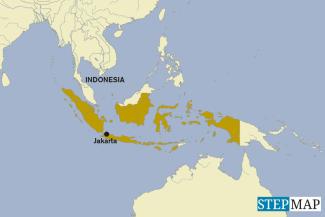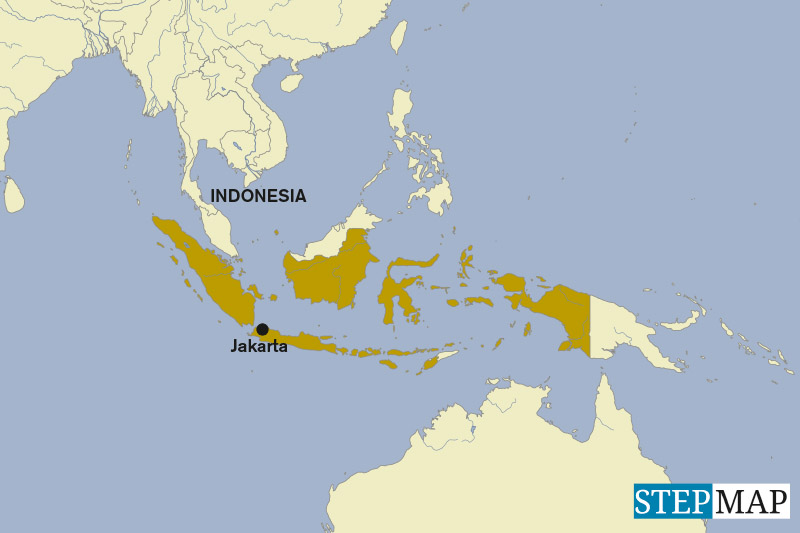Disinformation
Fighting false information

The Alliance of Independent Journalists Indonesia (AJI) is an organisation of media workers. It has around 2,000 members. In 2018, AJI cooperated with the Google News Initiative to teach more than 1,000 journalists and almost 1,500 citizens how to fact-check texts, photos and videos distributed on social media platforms (see Alphonce Shiundu in focus section of D+C/E+Z e-Paper 2018/05).
Abdul Manan, the AIJ chairman, says that the “circulation of information is increasing and getting faster.” In order to verify online information, “journalistic skills must be upgraded”. Skills must keep up with technological developments, Manan points out.
In many countries, disinformation is particularly common during election campaigns. Indonesia experienced this during the presidential election in 2014. At that time, hoaxes dominated cyberspace. The fake news were loaded with political, racial and religious overtones.
Unfortunately, some mass media also spread false information, exacerbating the polarisation of society. Manan warns that, unless journalists are able to identify fake news, they are at risk of being manipulated by certain groups for propaganda purposes.
In Indonesia, more than 132 million people (50.4 % of the total population) use the internet. A survey by the Indonesian Internet Service Providers Association (APJII) found out that the majority use the internet to access social media (almost 90 %). However, social media is often a source of disinformation.
The Anti-Defamation Society of Indonesia (Mafindo) is a civil-society organisation that focuses on fact checking. A recent study by Mafindo showed that disinformation increased from July to September 2018. According to Setiaji Eko Nugroho, the Mafindo chairman, almost 59 % of the hoaxes were “politically charged”.
An example of viral disinformation concerns foreign workers from China who are suspected of being the “Red Army” of the Chinese Communist Party. This disinformation was first launched on 20 September, and was distributed 63,000 times on Facebook.
Inggried Dwi Wedhaswary is the editor of the website kompas.com. She took fact-checking lessons. She says the training provided by AJI and the Google News Initiative has proved to be very useful, not least because “the public is interested in our verification results”.
Ika Ningtyas is a freelance journalist based in Java, Indonesia.
ika_bwi@yahoo.com
Links
Alliance of Independent Journalists Indonesia (AJI):
https://aji.or.id/
Anti-Defamation Society of Indonesia (Mafindo):
https://turnbackhoax.id/












